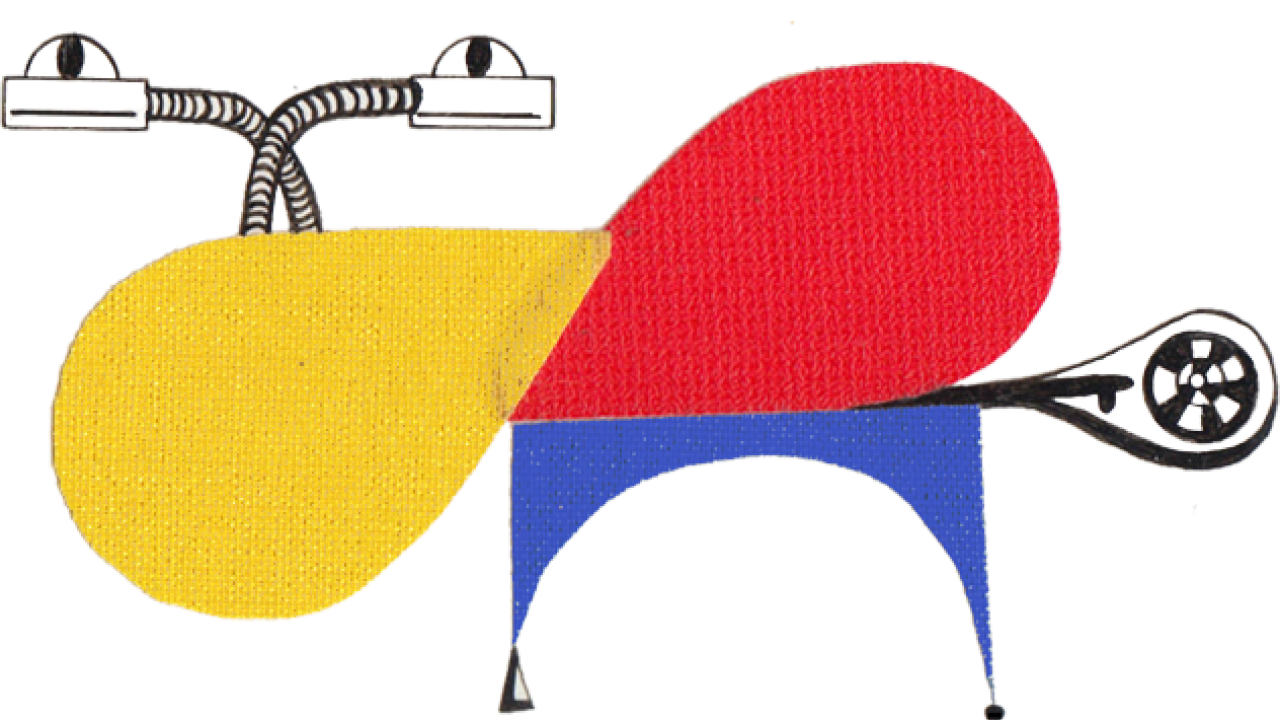This plenary session, hosted by the Green European Foundation, brings together policymakers, experts and practitioners for a frank conversation on the geopolitical risks and opportunities of a degrowth Europe. What concepts, alliances or alternative forms of power might answer to the challenge of combining ecological, democratic and geopolitical resilience?
Panelists include:
- Kostiantyn Krynytskyi (Head of Energy Department at Ecoaction – Centre for Environmental Initiatives, Ukraine)
- Gwendoline Delbos-Corfield (Member of the European Parliament for Europe Écologie, France)
- Richard Wouters (staff member Wetenschappelijk Bureau GroenLinks, project leader Geopolitics of a post-growth Europe for the Green European Foundation)
The panel will be moderated by Jamie Kendrick, editor-in-chief of the Green European Journal.
This session is open to everyone. Registration is not required.

